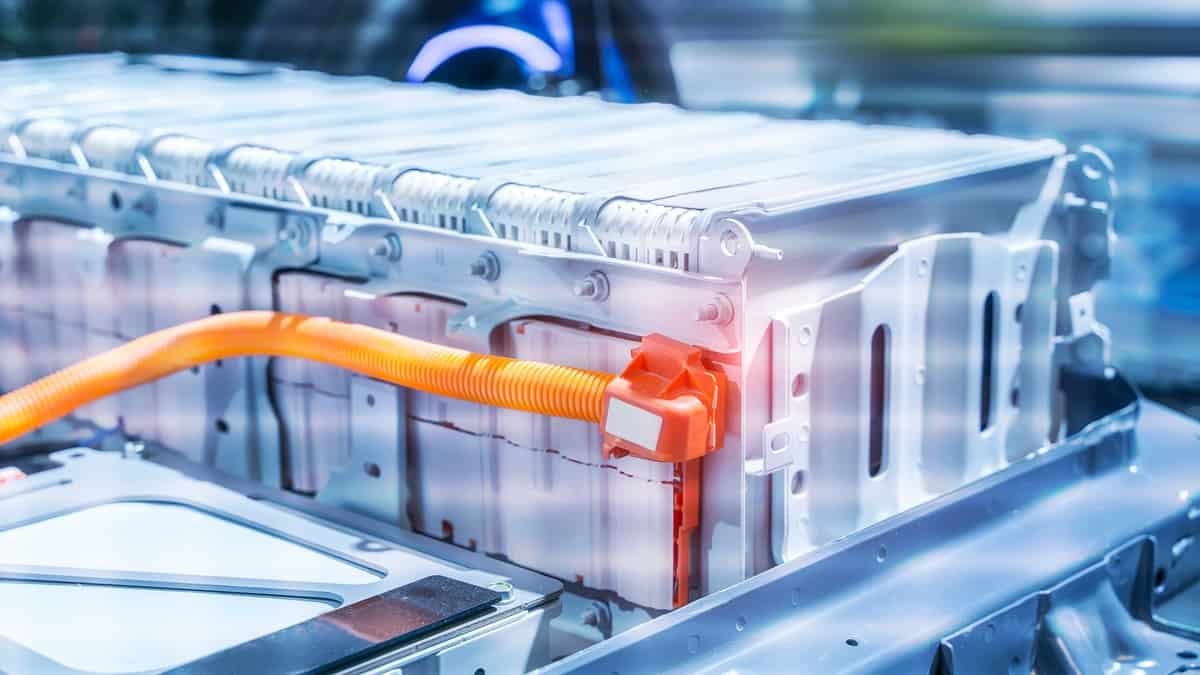South Korean legacy automaker Hyundai plans to introduce a new battery-electric vehicle powered by the batteries it produced in Indonesia in 2024, local media Jakarta Globe reports.
Plan details
Hyundai Motors Indonesia Chief Marketing Officer Budi Nur Mukmin disclosed the automaker’s plans to launch a new offering using locally-made batteries on the sidelines of the prestigious Indonesia International Motor Show (IIMS) in Jakarta on February 16.
The move is a crucial part of the South Korean automaker’s efforts to advance as a global leader in the electric vehicle market.
“Hyundai is a leader in the EV segment. We will continue to develop the EV ecosystem in Indonesia. We will also produce local batteries. So we will launch new EV products that are not only assembled here in Indonesia, but they also run on domestically made batteries. We will launch them sometime this year.”
Budi Nur Mukmin, Hyundai Motors Indonesia Chief Marketing Officer
CMO Budi committed to disclosing more details about the new electric vehicle model apart from emphasizing the automaker’s intention to develop an “entirely new product.” In that sense, the planned EV will not just be a battery update to an already existing Hyundai car.
Hyundai and LGES’ local factory
Hyundai and South Korean battery giant LG Energy Solution teamed up to build a new electric vehicle battery cell factory in Karawang, with an investment of $1.1 billion.
The partners expect the 330,000-square-meter factory to hit an annual production capacity of 10 GWh worth of NCM li-ion battery cells. This capacity can sufficiently support more than 150,000 BEVs.
It is also worth noting that Hyundai pioneered Indonesia’s electric vehicle manufacturing industry with its award-winning Ioniq 5. Hyundai produces the electric SUV at its existing Cikarang factory.
Indonesia pushes for NMC Batteries amid LFP’s prevalence
Considering the growing popularity of more affordable Lithium Ferro Phosphate (LFP) batteries, the Indonesian government strives to promote NMC-based battery technology.
Minister of Energy and Mineral Resources (ESDM) Arifin Tasrif expressed concern about LFP batteries’ dominance against NMC battery technology, potentially hurting the potential of Indonesia’s nickel industry.
“We indeed have a problem, the downstream of lithium (NMC) batteries has not moved. That’s what needs to be developed.”
Arifin Tasrif, Minister of Energy and Mineral Resources (via Kontan)
Therefore, Minister Tasrif recommends automakers use the ideal battery type for appropriate markets. Cheaper LFP batteries with a lesser range should be used in low-end models, while the high-end market will employ more expensive NMC batteries.
“Imagine you use an expensive car (but) it’s heavy with batteries, it’s not suitable.”
Arifin Tasrif, Minister of Energy and Mineral Resources
Association of Indonesian Automotive Industry’s (Gaikindo) data revealed that BEVs’ factory-to-dealer sales reached 17,062 units in 2023. Unsurprisingly, the Hyundai Ioniq 5 was the top-selling model, with around 7,176 unit sales.
All that said, the planned new electric vehicle model and local battery production will undoubtedly further aid Hyundai in its efforts to lead the global high-end market. Its local Karawang factory can benefit from Indonesia’s nickel abundance, potentially enabling lower production costs.

